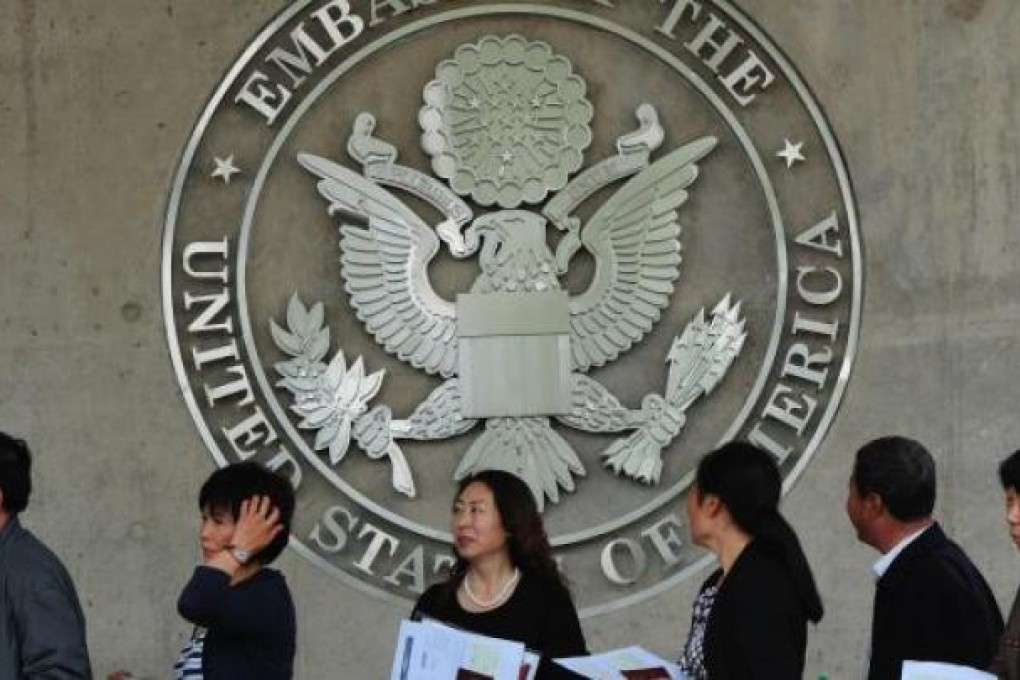Tax bills prompt Chinese to ditch US passports
The long arm of the American taxman has many wealthy mainlanders ruing theday they decided to get US citizenship, and more are considering trying to get rid of it

For many wealthy mainland Chinese who immigrated to the US, an American passport is a genie that cannot be put back in the bottle.

Wu, a 31-year-old housewife who asked to be identified only by her family name, said she started toying with the idea about a year ago. "I regret it to death, all of my friends regret it to death," said Wu about taking out US citizenship. "I'm never going back."
Behind her change of heart is tax. Under US law, American citizens and permanent residents, known as green card holders, are taxed on their worldwide income regardless of where they live. Other countries, including China, tax their citizens' global income. But it is the US, with its sophisticated systems and the long arm of its taxman, that has the highest profile.
In March 2010, Washington stepped up its tax collection efforts by enacting the Foreign Account Tax Compliance, or Fatca, aimed at cracking down on tax dodgers abroad. The regulations are set to be finalised before year's end, and the US Internal Revenue Service (IRS) expects the tightened compliance to generate as much as an extra US$9 billion over the next decade.
America's long history of tax collection, starting with the 16th amendment to the constitution that gave Congress the power to levy and collect taxes, makes paying tax a serious legal issue that many immigrants do not realise when they decide to become citizens. The law even extends beyond life to a dead person's estate.